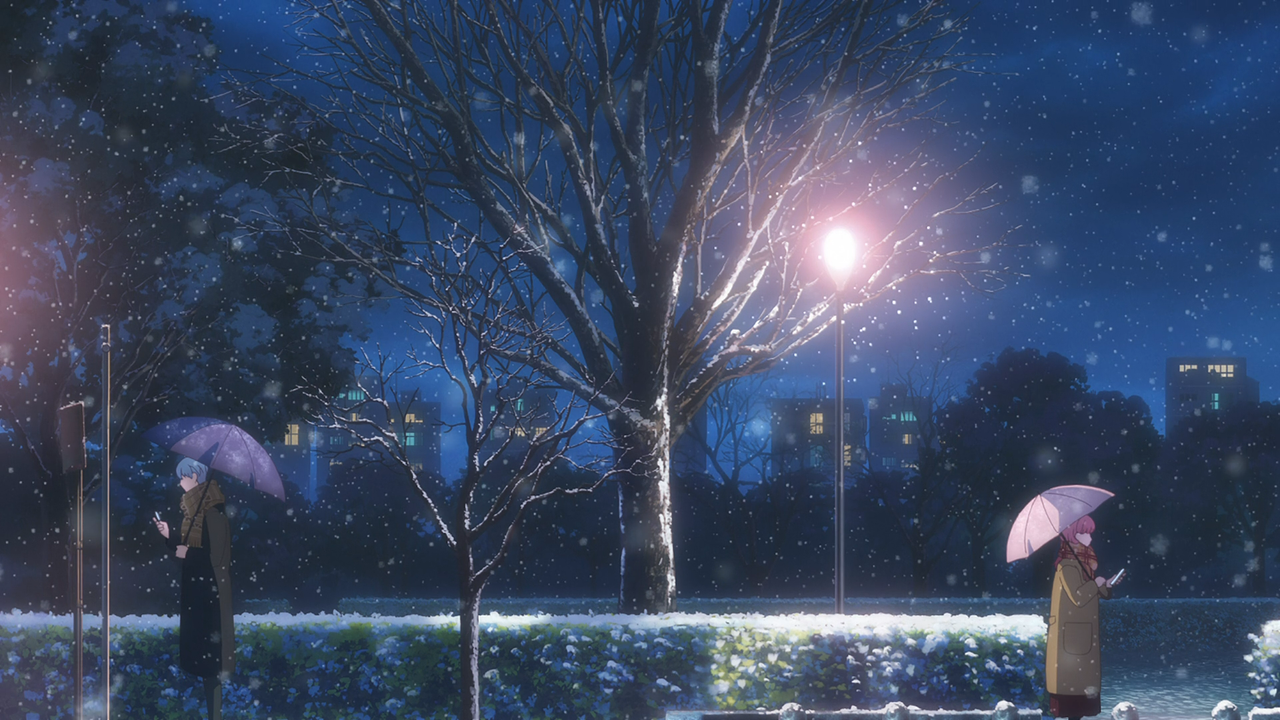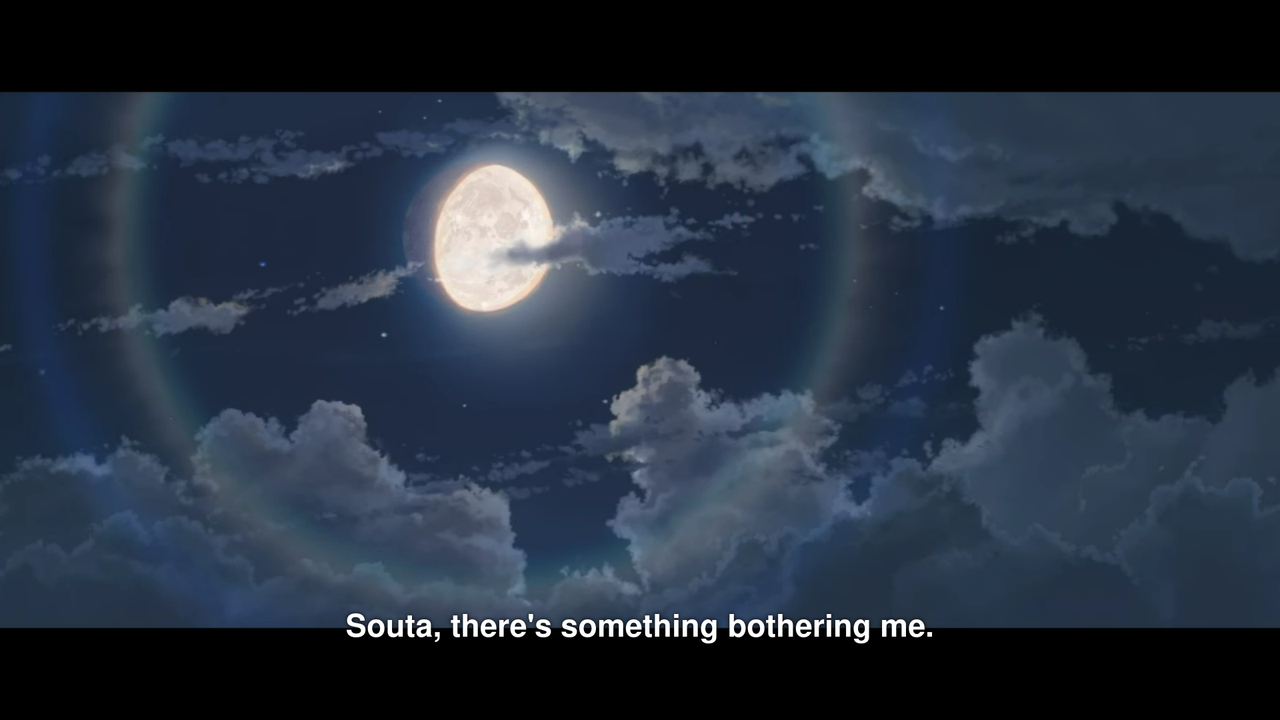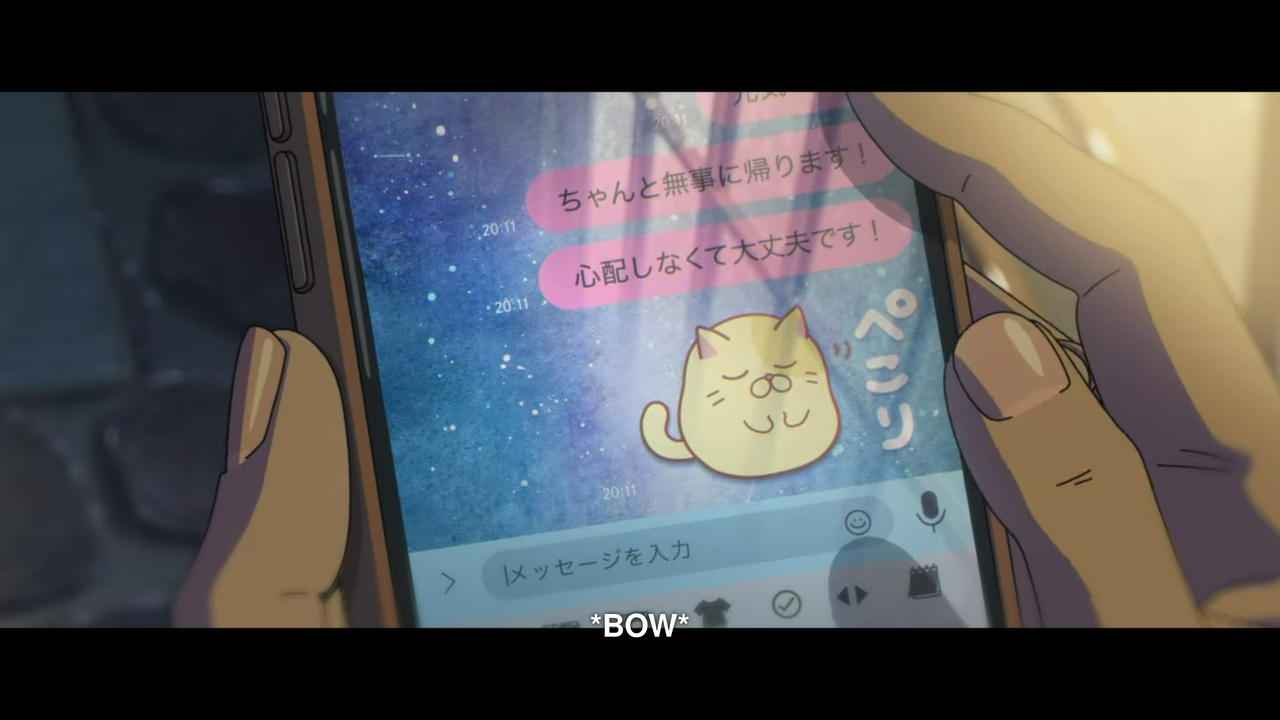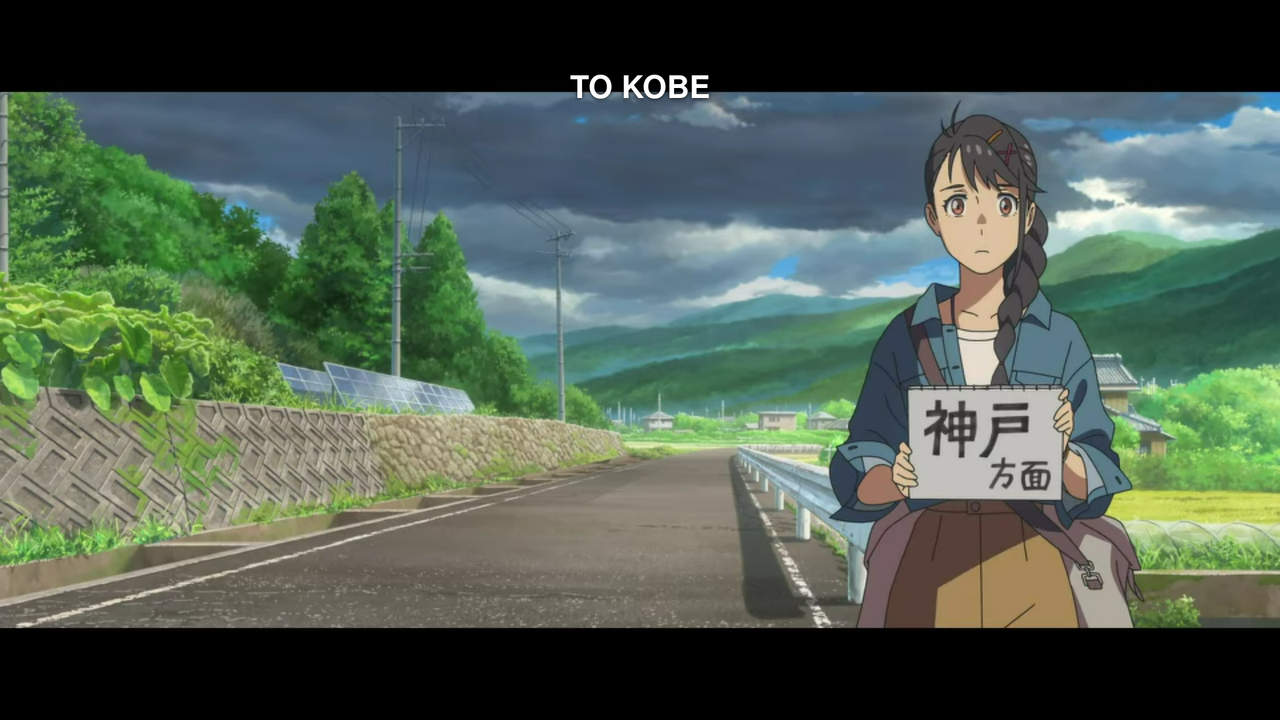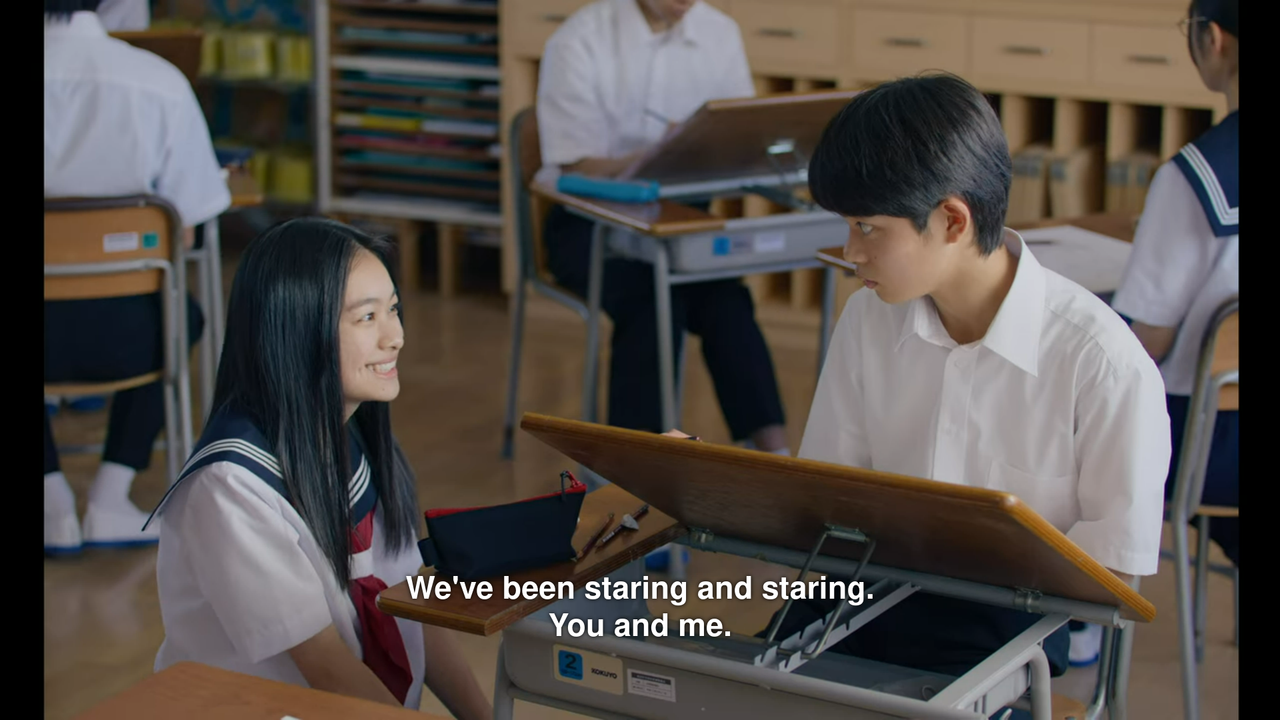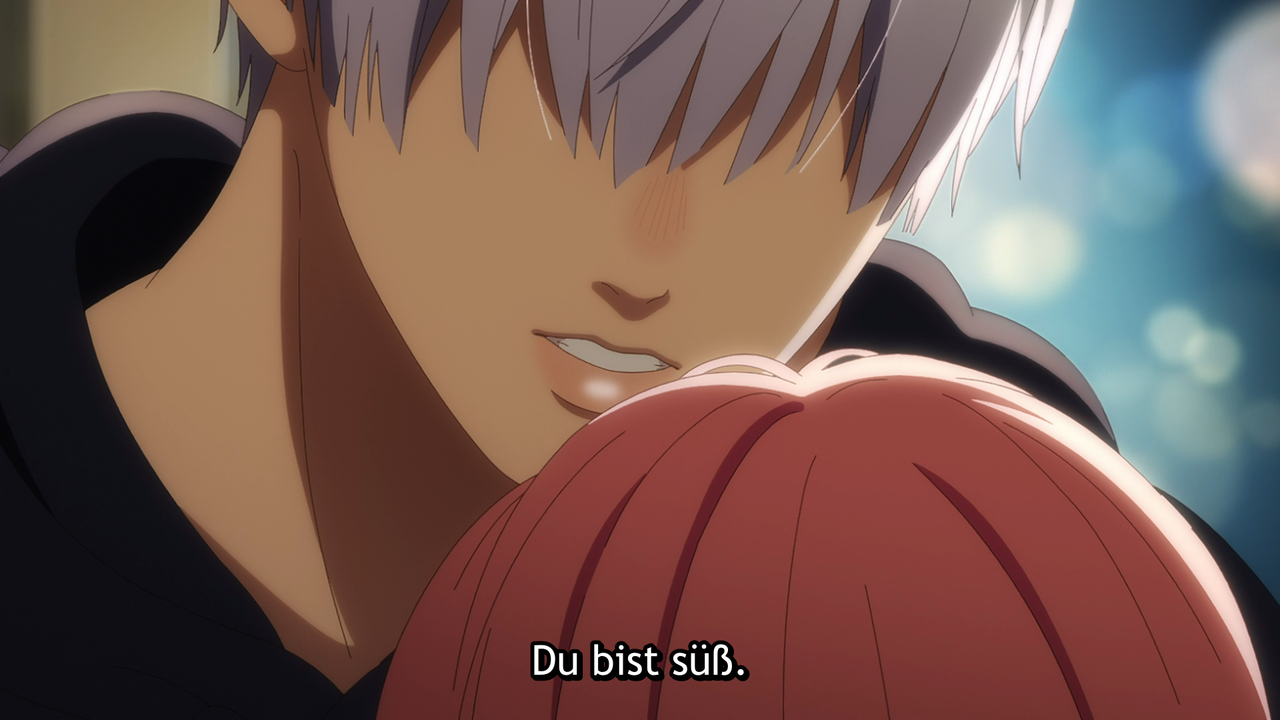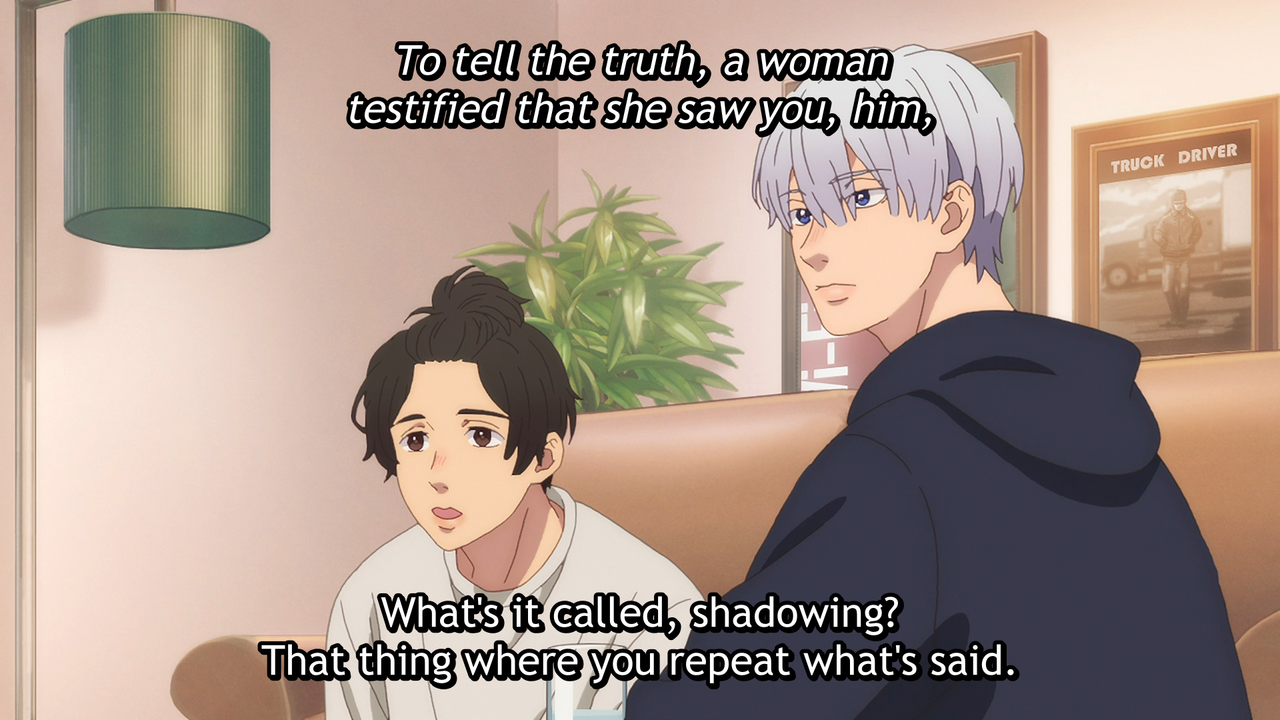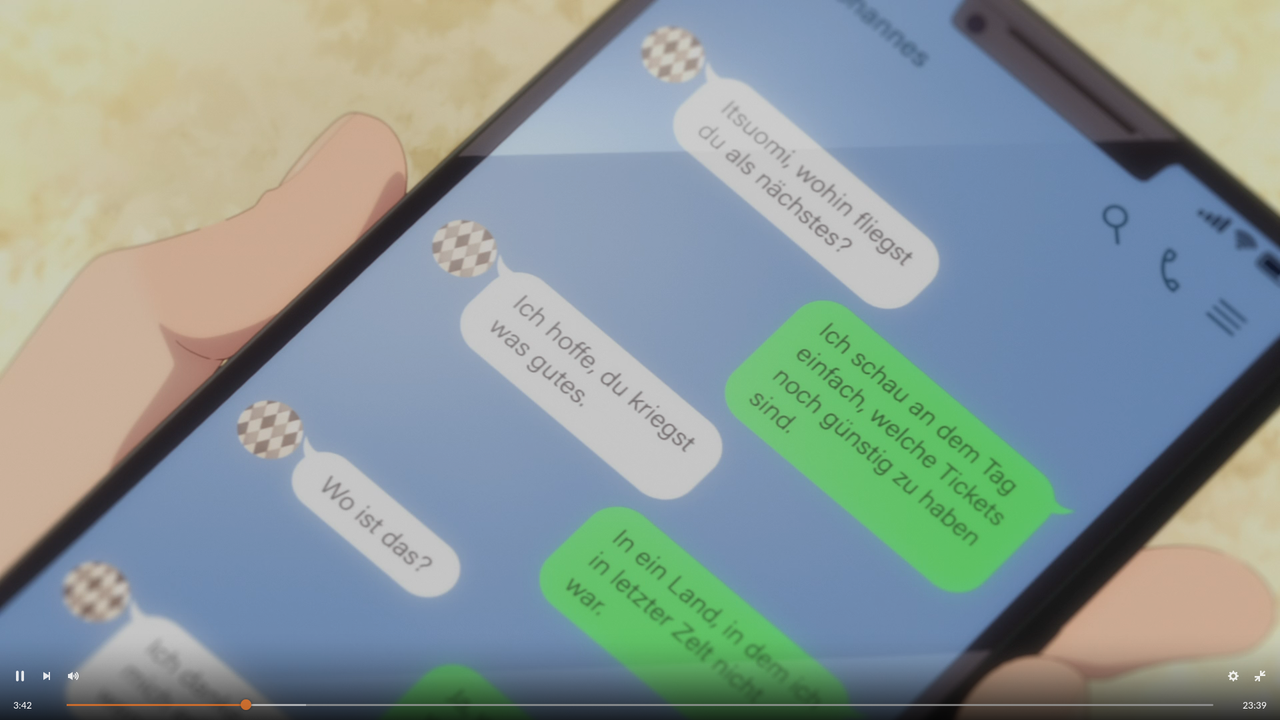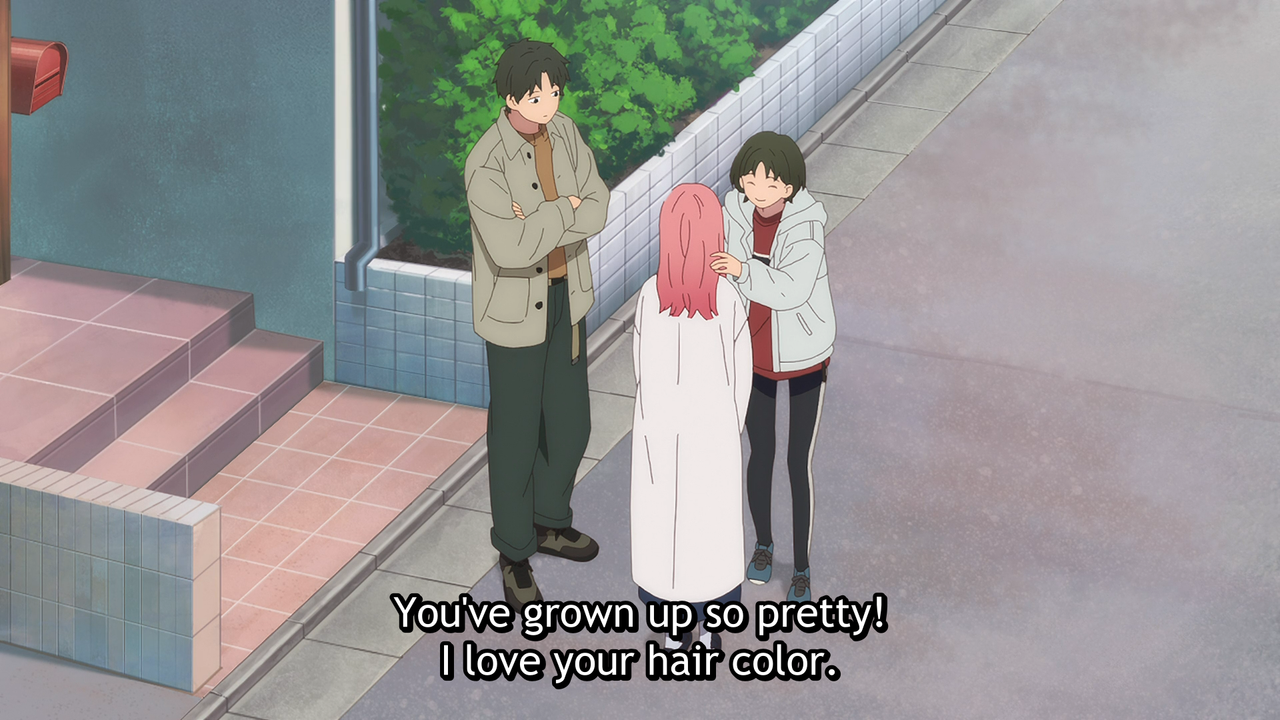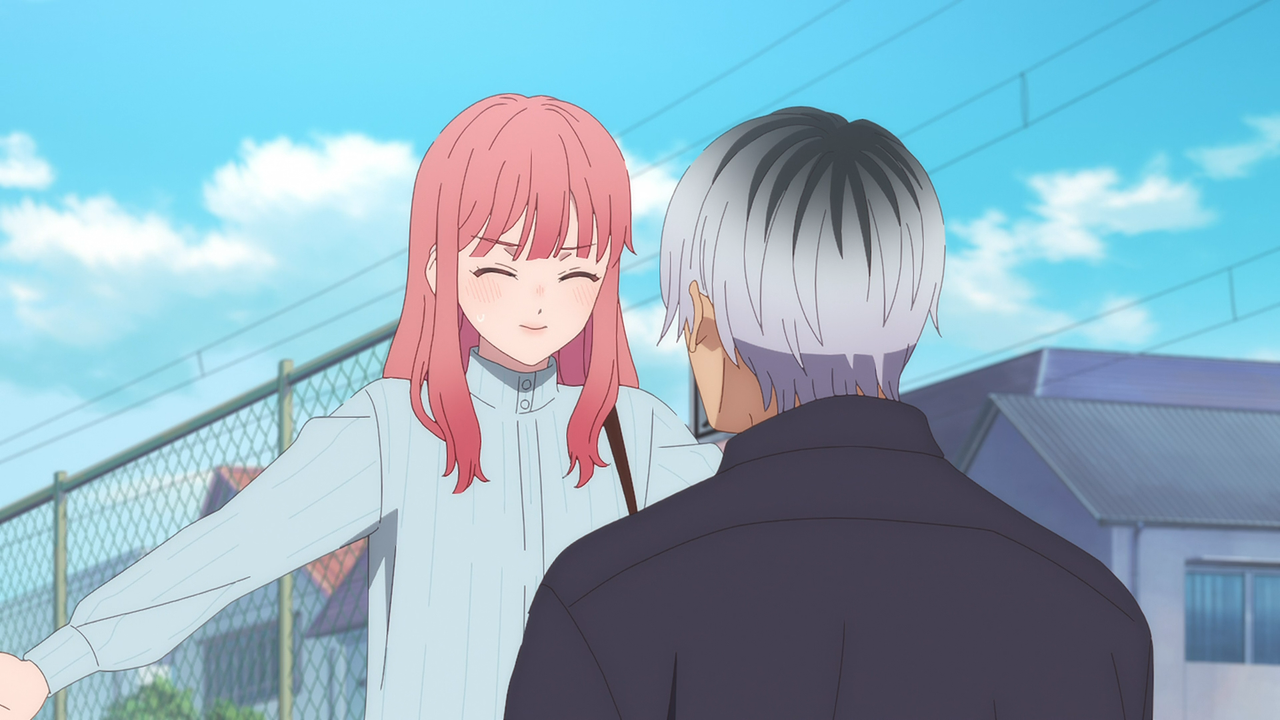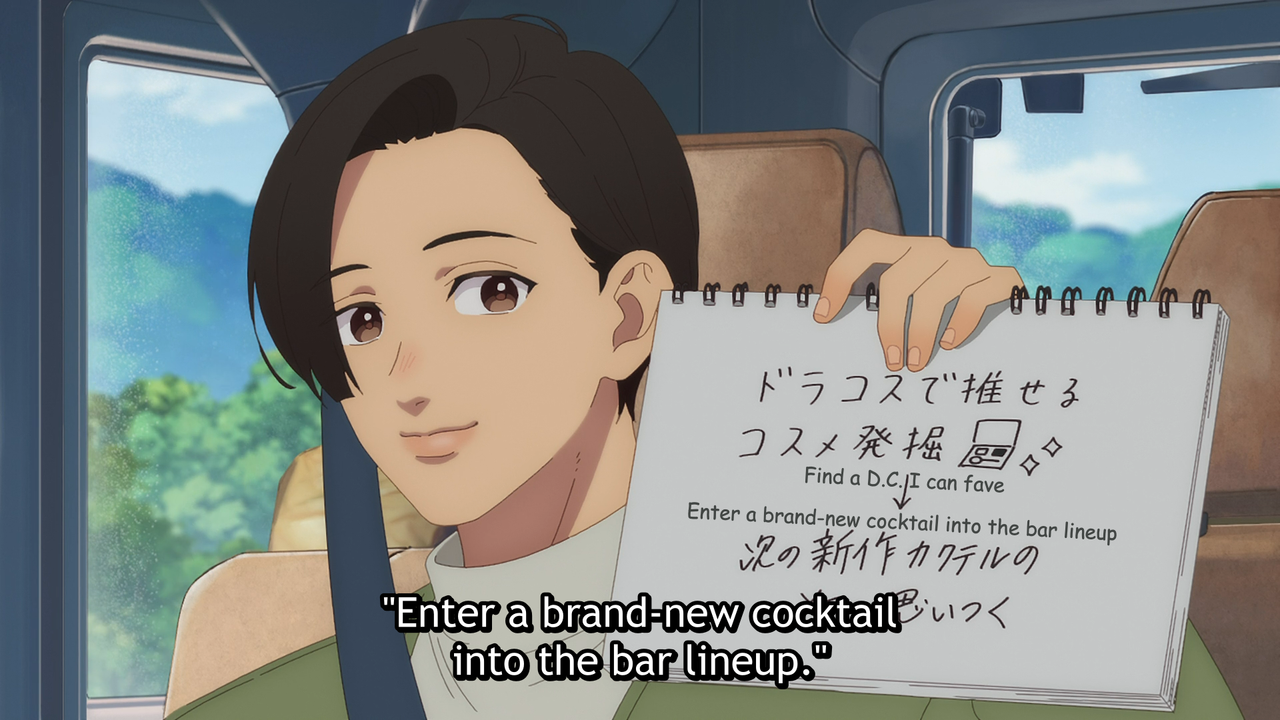Harry PotterI found it interesting that when they give a signal to Wood to call a time-out at the quidditch game, the Japanese uses the word "sign", since I'd previously seen it used for "autograph" and assumed that sign only meant "autograph" or "signature" in Japanese. But apparently it can also just mean "signal". That seems like it would be confusing for Japanese people.
Speaking of signing, when Lockhart explains to Ron that he normally uses the peacock quill for book signings, he uses the word "itsumo". Itsumo normally means "always", but it apparently means "normally" as well. One annoying thing about language learning is how just studying vocab isn't enough because you have to learn an entire constellation of meanings for each word, not just whatever meaning is listed in the SRS app.
Also interesting is one sentence I noticed that got split into
three separate sentences using Storytelling Present in the Japanese version. The overall meaning is roughly the same, but the sense and style is very different, as the sudden switch into Harry's mind feels much less dispassionate than the usual third-person-limited narration.
"For an agonizing moment, Harry hung in midair, not daring to speed toward Malfoy in case he looked up and saw the Snitch."
-> スピードを上げてマルフォイのほうに飛びたい。 それができない。マルフォイが上を見てスニッチを見つけてしまうかもしれないから。
Ace AttorneyOne oddity in case 3 is the currency amounts. The American localization has always translated yen amounts to dollars as 100 yen = $1, which conveniently preserves round numbers. However, case 3 breaks this pattern for some reason, and inconsistently to boot.
The price of the lunch special at Tres Bien is 2980 yen, and with sides included, it totals 6400 yen. However, the localization translated these as $20 and $45 instead, breaking the usual pattern. The English version also inserts some puns here, which is perhaps why they did this. The $20 lunch special is called the "Twin-T special", while the $45 meal is called the "Fortify" box set, clear puns on "20" and "45" respectively. I don't know if the Japanese version has any puns here. I didn't notice any, but then again there's a high chance I wouldn't notice them even if they were there.
It's also inconsistent because soon afterwards, they mention that the restaurant is 5000万 in debt, which got translated as "half a million" using the classic 100 yen per dollar formula. Incidentally, in the Japanese version, when told that the debt is 5000万, they ask if that's yen and say that if it were in dollars they'd be in much deeper trouble. The English version keeps the joke by asking if the "half a million" is dollars vs pound sterling.
Gumshoe:
This is a copy of his loan contract. He's about half a million in the red.
Phoenix:
H-Half a million? Are we talking dollars?
Gumshoe:
Yeah. Hey, if it was Sterling, he'd really be in trouble!
It's a natural way to translate it, although it loses a lot of the impact from the original. Because yen vs dollars is over 100x, which would be a huge difference, whereas dollars vs pounds is less than 2x. Incidentally, I'm surprised they didn't use euros instead, since it's a French restaurant so that'd at least be thematic (albeit an even smaller multiplier).
The weird price discrepancies don't end there though, because a bit later they mention that coffee at the restaurant costs 980 yen, which got turned into $8 in English for some reason, rather than $9.80 like you'd expect. And this time, there aren't even any puns to justify the change.
---
Also, Victor Kudo's music is interesting because Tsuwahasu
sung along to it, implying that it is a well-known Japanese folk tune of some sort. However, I couldn't find what it was. The closest I came was
this Reddit thread which suggests that it is based on imperial-era Japanese military music, but not a specific song. The comment suggests two old songs that sound similar, but neither sounds like what Tsuwahasu was singing, so who knows.
---
Case 3 also takes place on January 6th, soon after New Years, so there's lots of dialog about New Years traditions, and I assume a lot of it is specific to Japanese culture, though I couldn't be bothered to look up most of it. However, there's one exchange that caught my attention.
When you example the oranges (mikan) at the playground, Maya says it reminds her of New Years, as their tradition is eating mikan and
osechi, watching TV, and then playing Old Maid with cards.
For comparison, here's the corresponding English script, which doesn't even mention New Years:
Maya:
Looking at this orange reminds me...
Phoenix:
Of what?
Maya:
That you're supposed to eat a lot of them to ward off colds in the winter. You can't have fun during the holidays if you're sick in bed, you know.
Phoenix:
You don't have to tell me twice.
The reason this part caught my attention though was not due to New Years, but the use of the word "baba".
I'd previously first encountered "baba" after hearing a bit on Noriko's podcast where she talked about the word "nekobaba". This literally means "cat poop", but the actual meaning is "covering up wrongdoings and feigning ignorance", a metaphor based on the way that cats cover up their shit. (And from there, it also means "embezzlement" specifically for some reason).
Here, Maya says "babanuki", which turns out to mean Old Maid, the card game. It appears to be completely coincidental, as "baba" can also mean "old woman" as well as "poop".
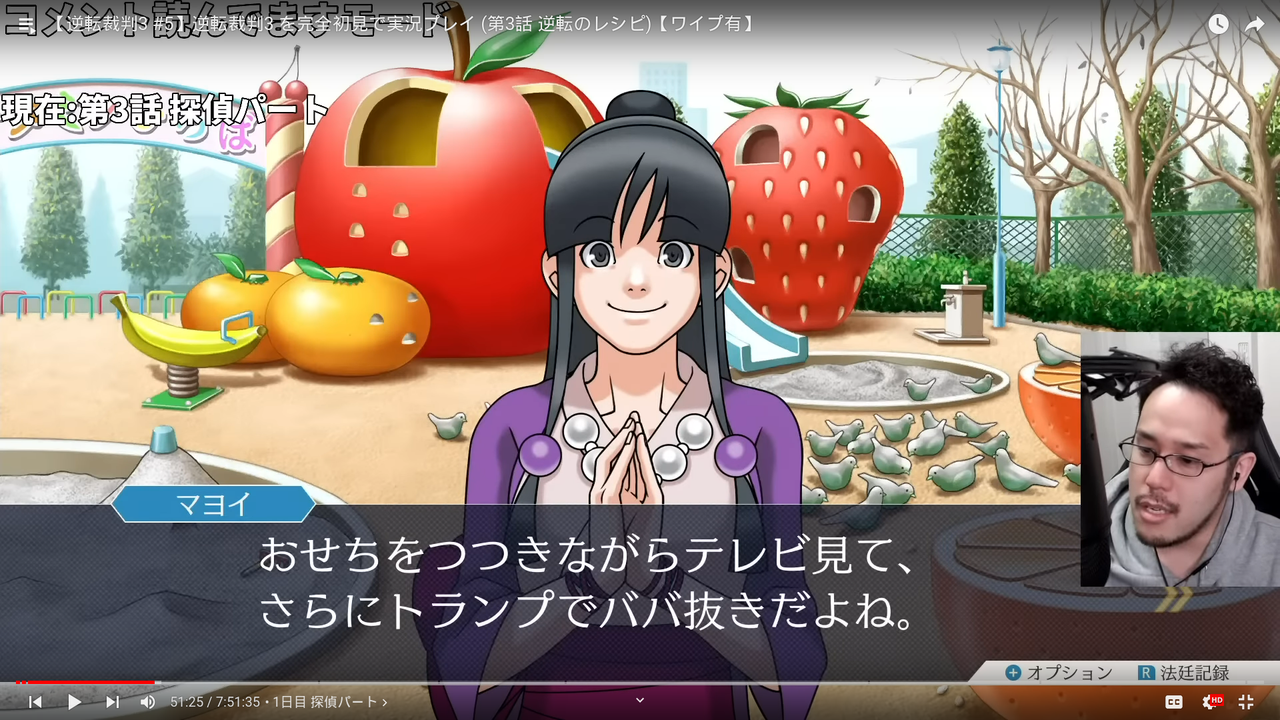
Also of note is that the park in this image has a Japanese-style water fountain, with a water spout that points straight up and a second faucet on the side for washing feet and filling bottles. Nearly every water fountain in Japan uses this exact style for some reason, and they're a common sight in parks like this. However, this style is unheard of in the US, so it's a bit unfortunate that the artists were too lazy to change it for the American localization.
AnimeI watched the last episode (47) of Jujutsu Kaisen last night, but it was pretty depressing and confusing. A normal ending would have the good guys mostly win but the bad guys get away and threaten something even new, which is even what happened in JJK season 1. But the season 2 finale doesn't do that. Instead, it fails to resolve a single thing and just ups the disaster and doom to eleven, all cliffhanger, no catharsis.
The other problem with the finale is that it is extremely confusing. Much of the episode consists of a disjointed montage and nothing is explained at all. To be fair, it seems that the manga was even worse in this respect. I read that the episode was adapted from only a
three page montage in the original manga.
Anyway, with JJK done, I decided to start watching
A Sign of Affection tonight.
I learned that "crush" is "akogare". I of course already learned "akogareru" many years ago, but I thought it was just "to long for". I didn't realize that the meaning was more like "to crush on".

Also when Yuki says she didn't order yet at the bar, I noticed that she says "o-da-" rather than the usual "chuumon".
Also, there's one point where foreigners are speaking English, and the English is subtitled and the subtitles don't match the dialog! For example, when they say "the air is a little wet", it's subtitled as "It's a little humid".
I do understand
why this happens, and I have seen this kind of thing before. Presumably, since they're speaking English, the original Japanese subtitled this scene in Japanese. And then the English subtitlers decided to translate the subtitles
back into Japanese for some bizarre reason, rather than just removing them. But it's still funny to see.
Also, they have umbrellas to protect against
snow, something that I don't think I've seen before. I've seen umbrellas for the sun, but not for snow.
